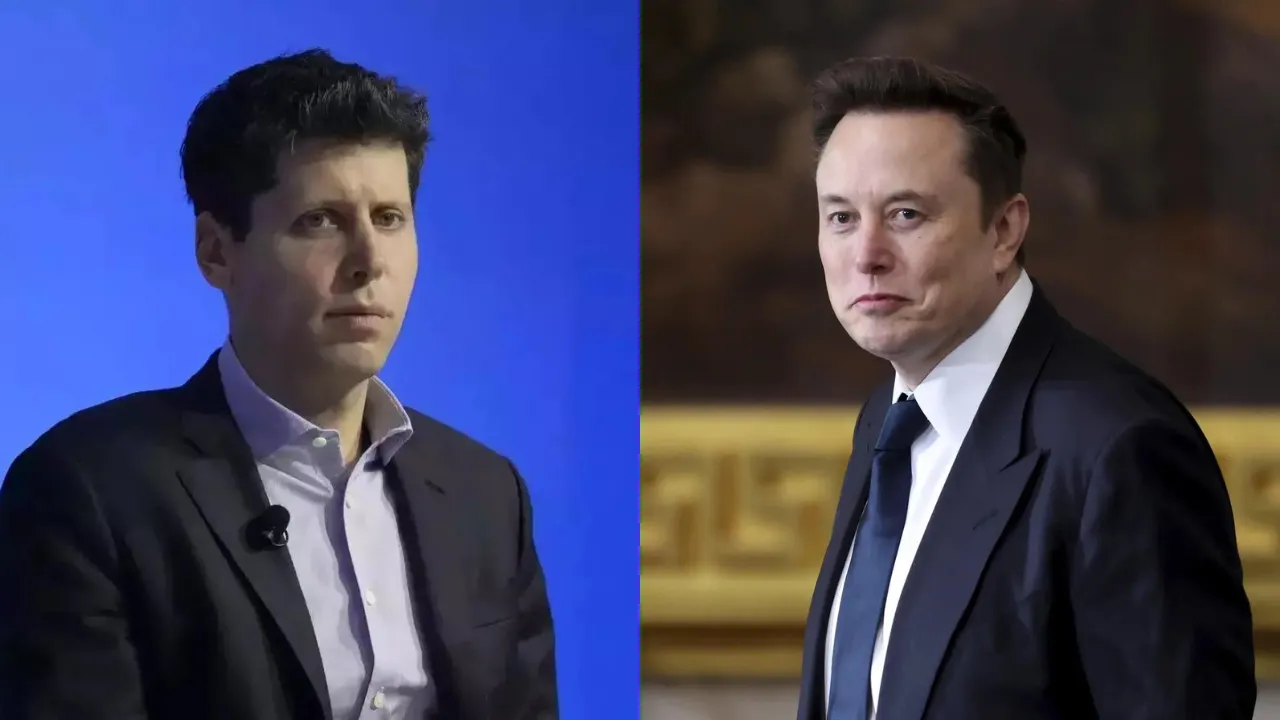In an era where public perception can make or break a company’s reputation, a recent global survey of public affairs leaders has highlighted two of the most significant threats to brand image in 2025. Among these, associations with polarizing figures like Elon Musk and the potential misuse of artificial intelligence (AI) stand out as key risks. The findings come from an appraisal conducted by the Global Risk Advisory Council, a panel led by Isabel Guzman, the former head of the U.S. Small Business Administration under President Joe Biden.

This survey, which involved over 100 international public affairs leaders, paints a stark picture of the reputational minefields that businesses must navigate in the current social and political climate. The survey revealed that CEOs must be extremely cautious about aligning their brands with individuals or technologies that could trigger a backlash from stakeholders and consumers.
Elon Musk: A Brand Risk Like No Other?
The survey makes it clear that companies aligning themselves with Elon Musk—or being seen as under his influence—face the highest likelihood of attracting public scrutiny. Nearly 30% of survey respondents from 17 countries and 58 industries agreed that Musk’s polarizing presence in the media landscape could severely damage a brand’s image.
Musk’s involvement with the Trump administration, particularly his advisory role during Trump’s presidency, has sparked controversy. As the world’s richest person, Musk has drawn attention for his support of Trump’s second presidential campaign and his controversial role in overseeing severe budget cuts within federal agencies. While Musk’s ventures, including SpaceX and Tesla, have brought him immense wealth and influence, his alignment with Trump has also led to disapproval. A Quinnipiac University survey released in March found that 60% of voters disapproved of Musk’s approach to handling federal workers, resulting in a drop in Tesla’s stock.
AI: A Double-Edged Sword for Brands
However, it’s not just individual affiliations that are putting brands at risk. The rapid evolution of artificial intelligence also presents a significant challenge. According to the survey, AI misuse, particularly in the form of deepfakes, misinformation, or biased decision-making, was seen as one of the most likely factors to lead to negative online news coverage. One anonymous council member pointed out, “AI, if not understood or managed in companies, can have an incredible trickle-down effect that may not be reversible.”

As AI continues to integrate into business operations, experts warn that organizations must implement clear and ethical policies surrounding its use. The global council stressed that AI should be treated as a standard business practice, akin to managing financial or HR policies. Failure to manage AI’s influence could damage not only a company’s reputation but also its consumer trust for years to come.
Beyond Musk and AI: Other Reputational Risks
While Musk and AI are the top threats, the survey also highlights other risks companies should be aware of. Rolling back diversity, equity, and inclusion (DEI) initiatives, for example, was identified as another major reputational pitfall. Under the Trump administration, there has been a concerted effort to eliminate such measures within the government, military, and higher education institutions like Harvard. Companies that follow suit could face backlash, especially in an age when consumers are increasingly prioritizing social responsibility.
Anticompetitive practices and defamation allegations round out the top five risks identified in the survey. As companies are under growing pressure to maintain transparent, ethical, and socially responsible practices, any deviation from these standards could result in significant public relations challenges.
Looking Ahead: Managing Reputation Risks in a Complex World
Isabel Guzman, in summarizing the survey’s findings, issued a stern warning to CEOs: “If you squander stakeholder and consumer goodwill on these issues, it won’t be coming back anytime soon.” The message is clear: in today’s polarized world, a company’s reputation is more fragile than ever. Public affairs leaders stress the importance of carefully weighing decisions that could place brands in the crosshairs of contentious issues.

As the survey concludes, the risk of reputational damage is expected to only escalate in the near future. In a landscape shaped by social media, political polarization, and rapid technological change, businesses must be vigilant and proactive in managing their public image.
For CEOs, the advice is simple: act with caution, differentiate between temporary trends and seismic shifts, and always consider the long-term consequences of brand associations and technological deployments.










